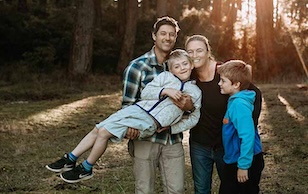February 11th, 2021
Smart living in the coastal wild
Spirit of the West diligently follows some basic principles that have been established as best practices for wilderness travel. There is a multitude of ways that these principles are put into practice, but we have summarized many of them below to give you an idea of what to expect when you join us on our trips. For more information on the rationale and practices on these principles, please visit Leave No Trace, a non-profit organization that researches and promotes minimum impact backcountry travel.
Using minimum impact principles is only one way that Spirit of the West tries to live lightly on the planet. For more information on all our environmental policies and practices, please see Responsible Travel page.

Plan Ahead & Prepare
By planning ahead we can anticipate impacts and thoughtfully reduce the ways that we affect the natural world. This largely consists of minimizing waste and using the proper equipment. Ways that we do this include:
- Buying in bulk and using reusable containers.
- Running our tours back-to-back, which allows us to never have an empty water taxi or van and minimizes our carbon footprint.
- Using primarily Canadian-made and ethically sourced kayaking and camping gear.
- Giving every guest a re-usable mug to use while on trip, but to also encourage using a travel mug once back at home when enjoying their daily coffee or tea.
- Using a solar power system for charging our emergency communication system and for charging your camera batteries.
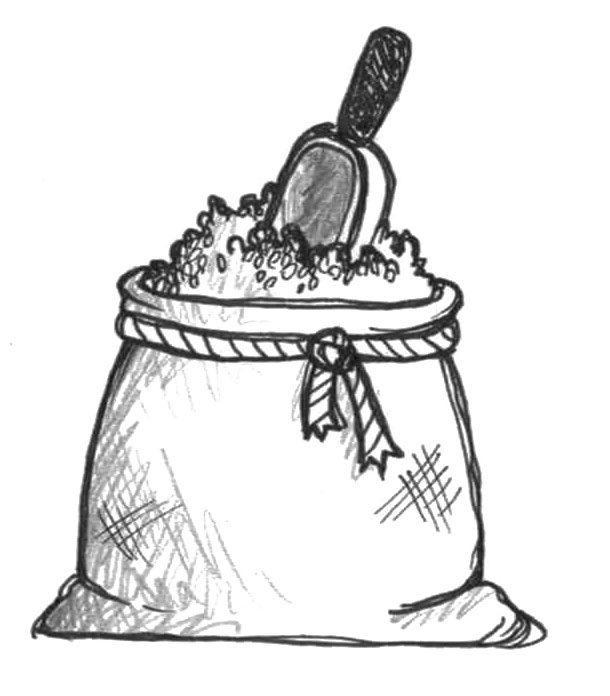
Travel & Camp on Durable Surfaces
- First and most obvious, we use kayaks for transportation on the open water of the ocean. By doing so, we don’t even leave footprints! We also don’t use fuel like larger motorized vessels.
- We choose landing beaches that aren’t vulnerable to erosion (such as eelgrass beds), and campsites that are able to accommodate our group are selected so that we don’t further degrade any plant communities nearby. At every site we keep our footprint as small as possible by keeping to established tent sites and trails.
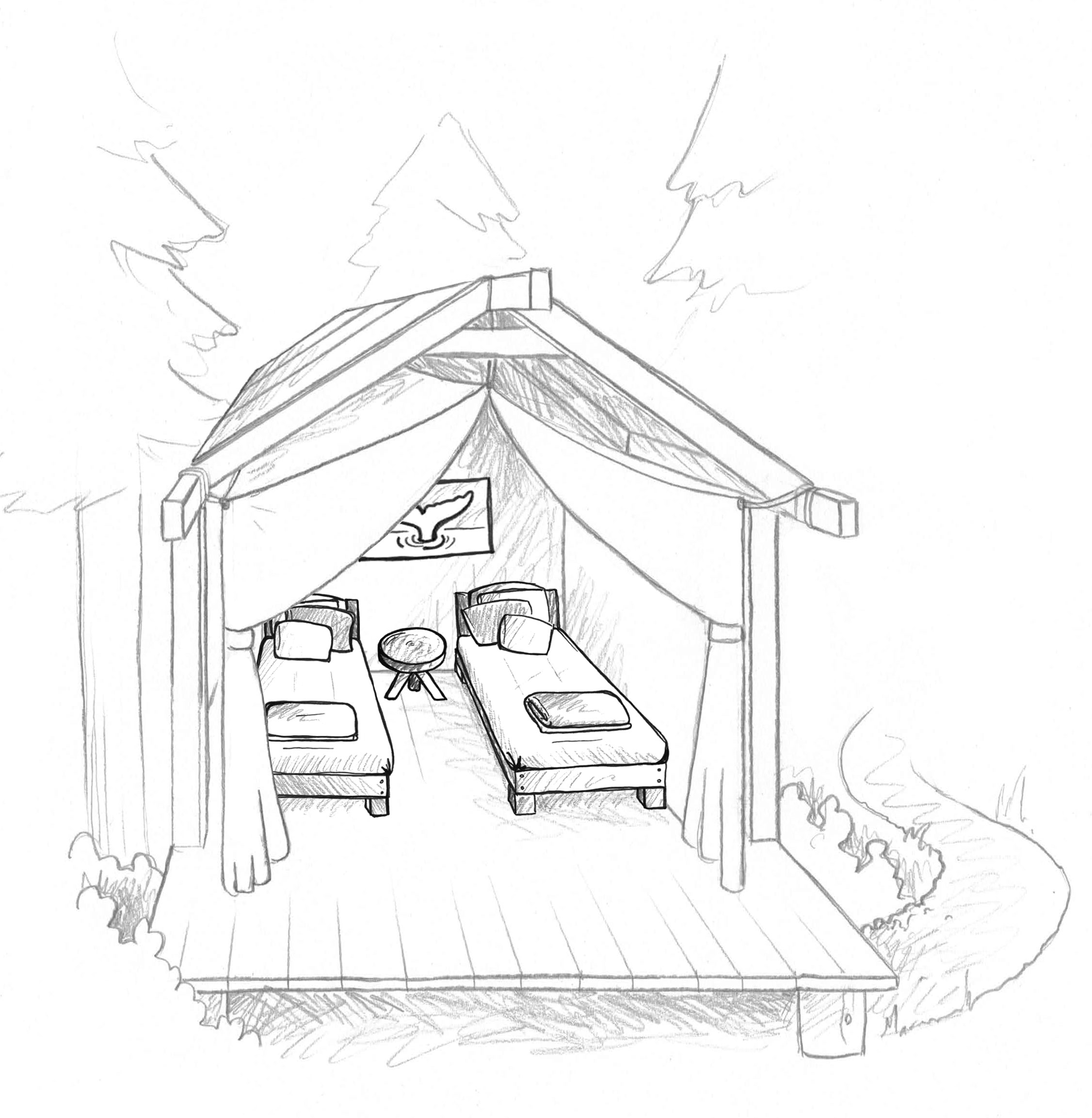
Dispose of Waste Properly
This is a big one. Waste is a broad topic, and includes human waste, recyclables, compost and non-recyclables. How we deal with it on trips (and once we get back home) can have a big impact.
- Human waste is dealt with in the most appropriate manner for the location we’re in, either packed out using portable toilets, existing outhouses or, if in a remote area, using the intertidal zone where decomposition can proceed rapidly.
- Organic material such as food scraps is brought back to Quadra for composting.
- Soap use in freshwater lakes and streams is not permitted.
- We use only biodegradable and phosphate free dish soaps.
- We recycle everything that we can. BC is lucky to have a great returnable drink container program in which we participate.
- We use 100% recycled toilet paper (don’t worry it’s not recycled toilet paper, its toilet paper made from recycled paper, and other than saving many trees you won’t even know the difference from mainstream TP).
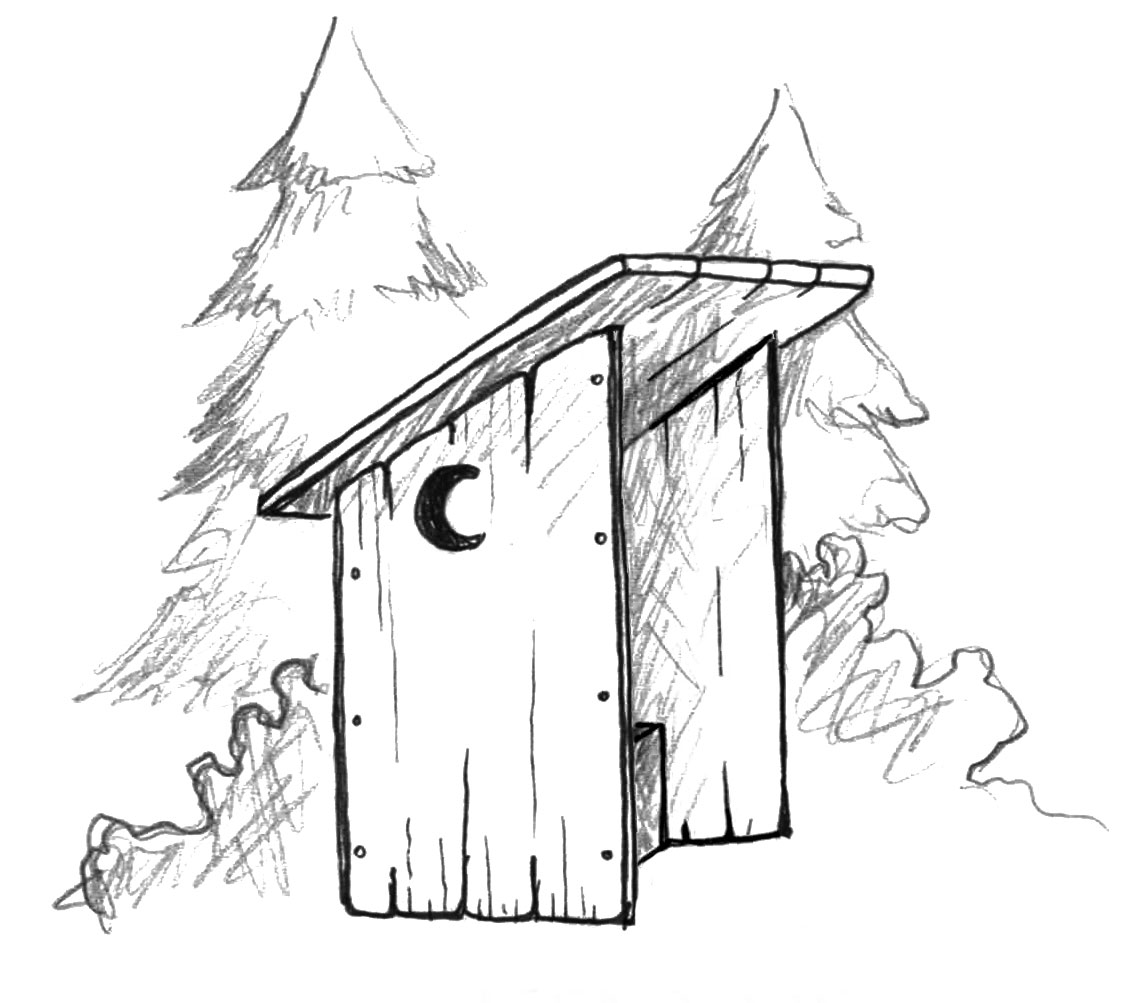
Leave What You Find
Shells, animal bone, artifacts… there are innumerable fascinating things that one might find on our coast. Our policy is to leave it where we find it, to respect its origins (if a heritage artifact), so that others may enjoy it and that whatever it is may continue on its journey through the ecosystem.
Minimize Campfire Impacts
Sitting around a fire is a cozy way to spend an evening under the stars, but only if it’s done in an appropriate way. We respect any seasonal fire bans that may be in place (usually due to extremely dry weather), and any fires that we do have are held below the high tide line where we won’t leave a permanent mark on rocks, soil or logs. Only driftwood is gathered for burning.
Respect Wildlife
One of the main reasons that we venture into the wild is for the opportunity to see wildlife in their natural element. It only makes sense to respect their way of being and do our best to not disturb any natural behaviour.
- We respect the wildlife and believe in their right to exist without harassment, and while we treasure all sightings, we maintain a healthy distance. We also abide by all whale-watching guidelines and try not to ever disturb wildlife from their normal behaviour.
- We are founding members of the North Island Marine Mammal Stewardship Association (NIMMSA), which was established to ensure best practices and responsible wildlife viewing standards for tourism operators.
- Our food is stored out of the reach of any curious animals so as to avoid them obtaining food not part of their natural diet or getting conditioned to the presence of humans.
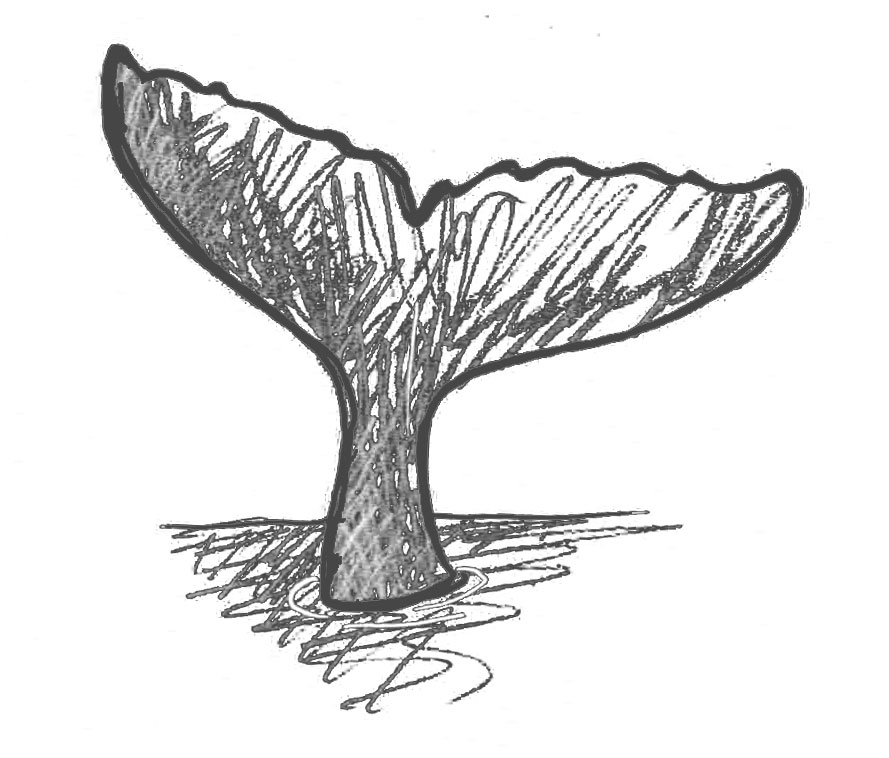
Be Considerate of Other Visitors
On our trips we don’t often come into close contact with other groups – that’s one of the reasons we like it here! We recognize that other people who paddle in our areas are probably here for the same reasons we are, to enjoy the peace of the wilderness and view wildlife where it presents itself. We keep our footprint small so as to not impact others’ experience. On the rare occasions that we need to share a campsite, we are welcoming and friendly, and keep the spirit of cooperation in the wilderness alive.
- We have established and are working with others on protocol agreements with all First Nations groups who consider the areas we travel in traditional territory.
- We hold all required permits and respect all the guidelines for operation set forth by Parks Canada, BC Parks, Crown Land and Marine Protected Areas.
- We support the Robson Bight Ecological Reserve Warden and Research program which aims to educate boaters about the Reserve and the very special Orca whales which frequent this area. We supply the program with donations of surplus food and support whenever possible.


